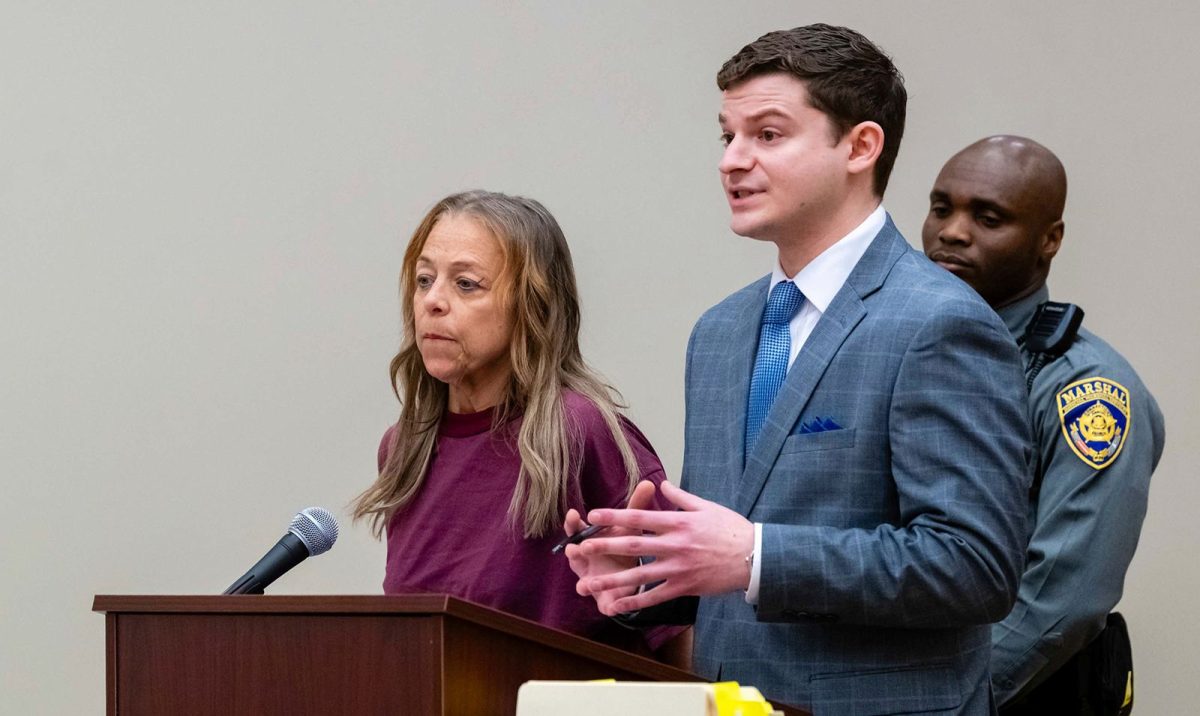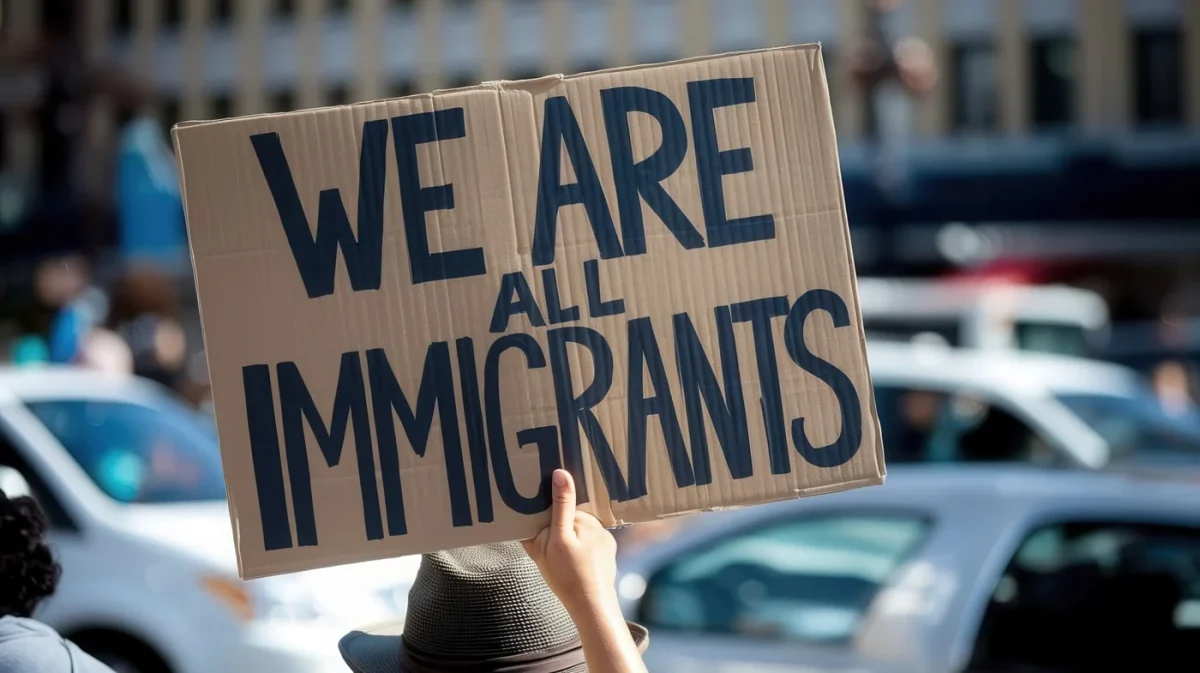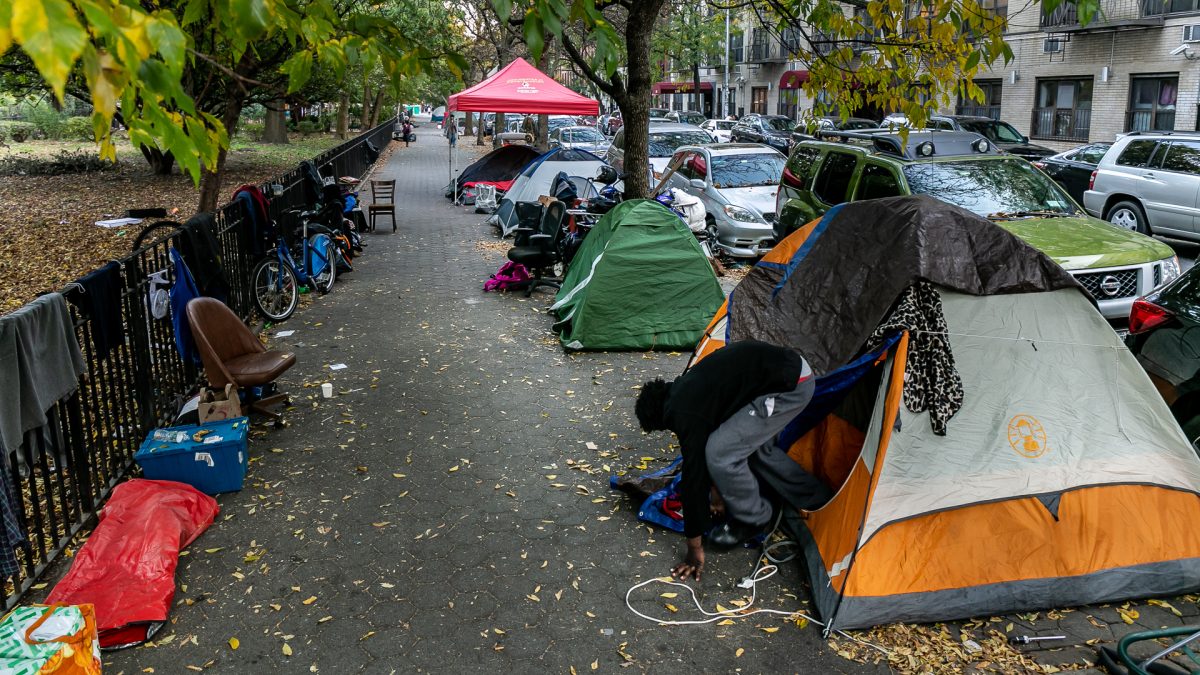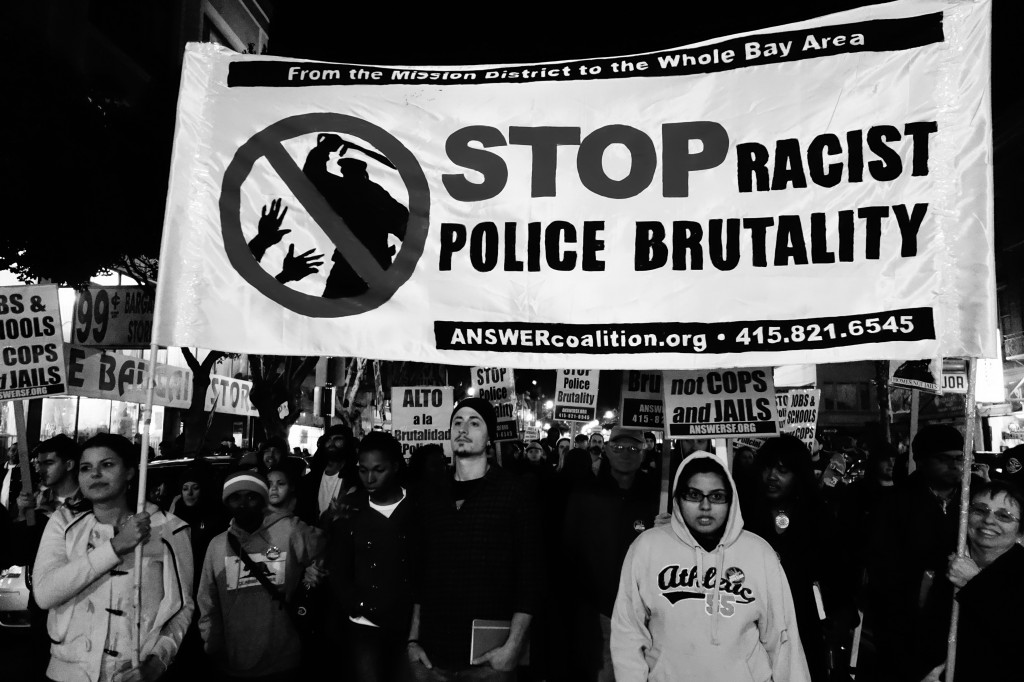Homelessness in America is more than just a crisis– it’s a reflection of our collective values, policies, and attitudes. Yet, far too often, those without homes are dismissed, criminalized, or reduced to harmful stereotypes that ignore the complex realities of their circumstance.
The truth is, homelessness is not just about the absence of a roof over one’s head; it is about systemic failures, economic inequalities, and the resilience of those forced to navigate life without stable shelter. Instead of viewing homelessness as an individual failure, we need to shift our perception and recognize the humanity, struggles, and strength within this community.
To many, the phrase “homeless culture” may sound paradoxical. How can a group defined by what they lack have a culture? In reality, homelessness is not just an unfortunate circumstance; it is a shared experience shaped by resilience, adaptation, and survival. Many unhoused individuals form tight-knit communities, providing one another with emotional support, protection, and resource-sharing networks. These informal structures often serve as lifelines in the absence of adequate social services.
Unfortunately, the dominant cultural perception of homelessness is one of deviance rather than resilience. Public policy and social attitudes tend to treat homeless individuals as problems to be managed rather than as people with complex lives. Stereotypes about homelessness frequently ignore the systemic issues that create and sustain it– such as skyrocketing rent prices, underfunded mental health care, job insecurity, and racial and economic disparities.
One of the most significant barriers to addressing homelessness effectively is stigma. Negative perceptions drive policies that criminalize homelessness, such as anti-camping laws,”hostile architecture” that discourages resting in public species, and restrictive shelter that often forces people into unsafe or inhumane conditions. This punitive approach fails to acknowledge the humanity of the homeless population and instead reinforces their alienation from mainstream society.
De-stigmatization starts with recognizing that homelessness is not a choice but often the result of systemic failures. Many people experiencing homelessness have jobs but earn wages too low to afford housing. Others suffer from disabilities or trauma that make employment difficult. Some are escaping domestic violence and have nowhere safe to go. The reality is that homelessness could happen to anyone given the right combination of misfortunes.
This begs the question; how do we change the way we think and discuss homelessness? First, education is key. Schools, universities, and community groups should engage in discussions that challenge stereotypes and foster empathy. Hearing firsthand accounts from those who have experienced homelessness can be especially powerful in reshaping public perceptions.
Second, media representation matters. News coverage and entertainment often depict homelessness in an oversimplified and sensationalized manner. Instead of reinforcing negative stereotypes, the media should highlight the diverse stories of those experiencing homelessness, showcasing their aspirations, talents, and contributions to society.
Finally, direct action is crucial. Volunteering at shelters, supporting housing initiatives, and advocating for policy changes that prioritize affordable housing and mental health resources can all contribute to a more humane and effective response to homelessness. Simply treating homeless individuals with dignity—acknowledging them, speaking with them, and listening to their stories—can go a long way in shifting societal attitudes.
As students, educators, and citizens, we have the power to change the narrative surrounding homelessness. By breaking down stereotypes, advocating for systemic change, and recognizing the dignity of every individual, we can move toward a society that values human life over convenience or misconceptions. Homelessness is not just a problem to be solved—it is a reality to be understood, and in that understanding lies the foundation for meaningful change.










































